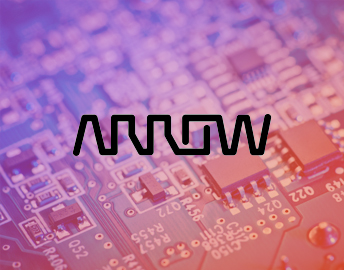To continue reading this article you must be a paid subscriber.
Subscribe to MDMAlready Subscribed? Click here to log-in | Forgot your password?
The annual report was researched and written by MDM editors based on interviews with dozens of wholesaler-distributors, as well as industry experts and manufacturers. MDM also conducted a survey of its readers to uncover the trends outlined in this report.
The full report is available to download in PDF format to MDM Premium subscribers. Subscribe below for full access. Or log-in if you are already a subscriber.
Trends outlined in the 2013 report include:
The report also includes the following case studies and interviews:

Already Subscribed? Click here to log-in | Forgot your password?
Read the latest articles and see your reports.
The MDM update newsletter is your best source for news and trends in the wholesale distribution industry.
Wholesale distribution news and trends delivered right to your inbox.
Sign-up for our free newsletter and get:

Join other distribution executives who use MDM Premium to optimize their business. Our insights and analysis help you enter the right new markets, turbocharge your sales and marketing efforts, identify business partners that help you scale, and stay ahead of your competitors.
By providing your email, you agree to receive announcements from us and our partners for our newsletter, events, surveys, and partner resources per MDM Terms & Conditions. You can withdraw consent at any time.